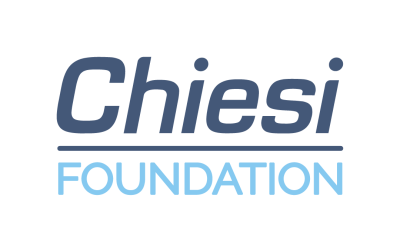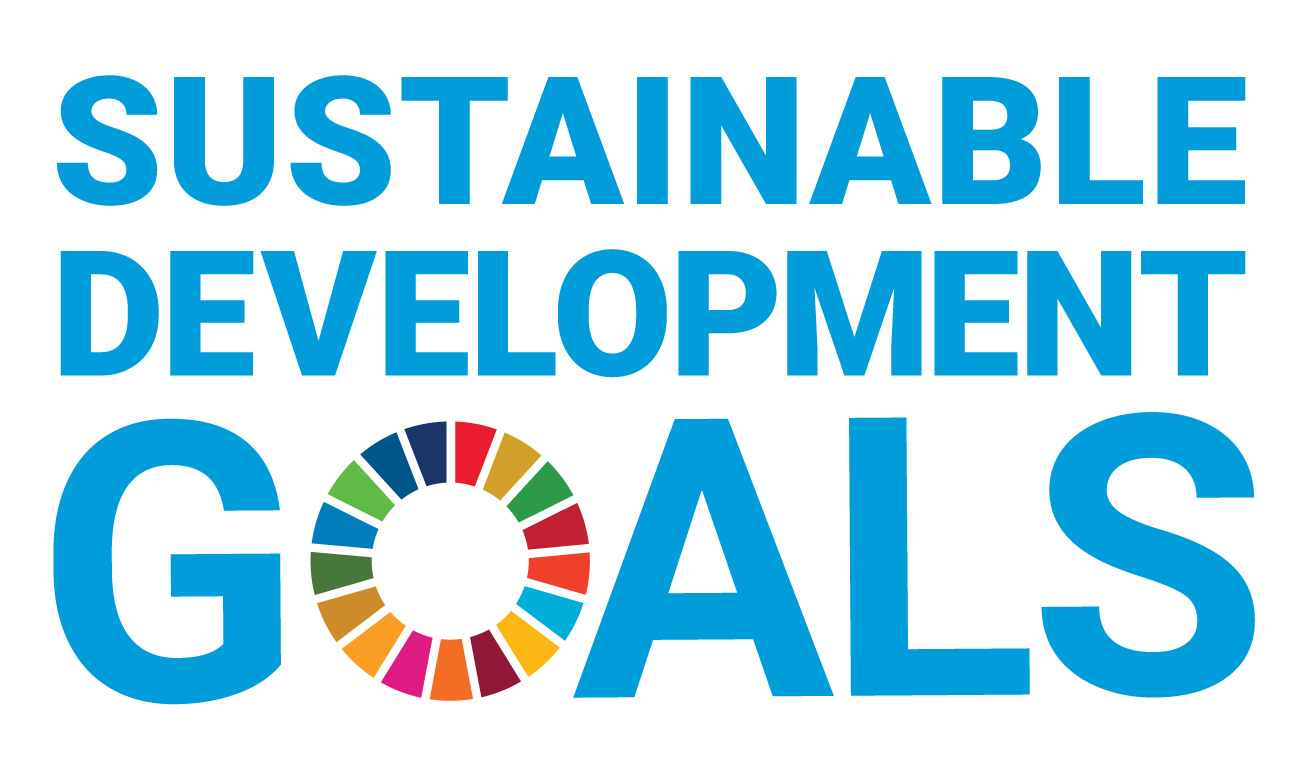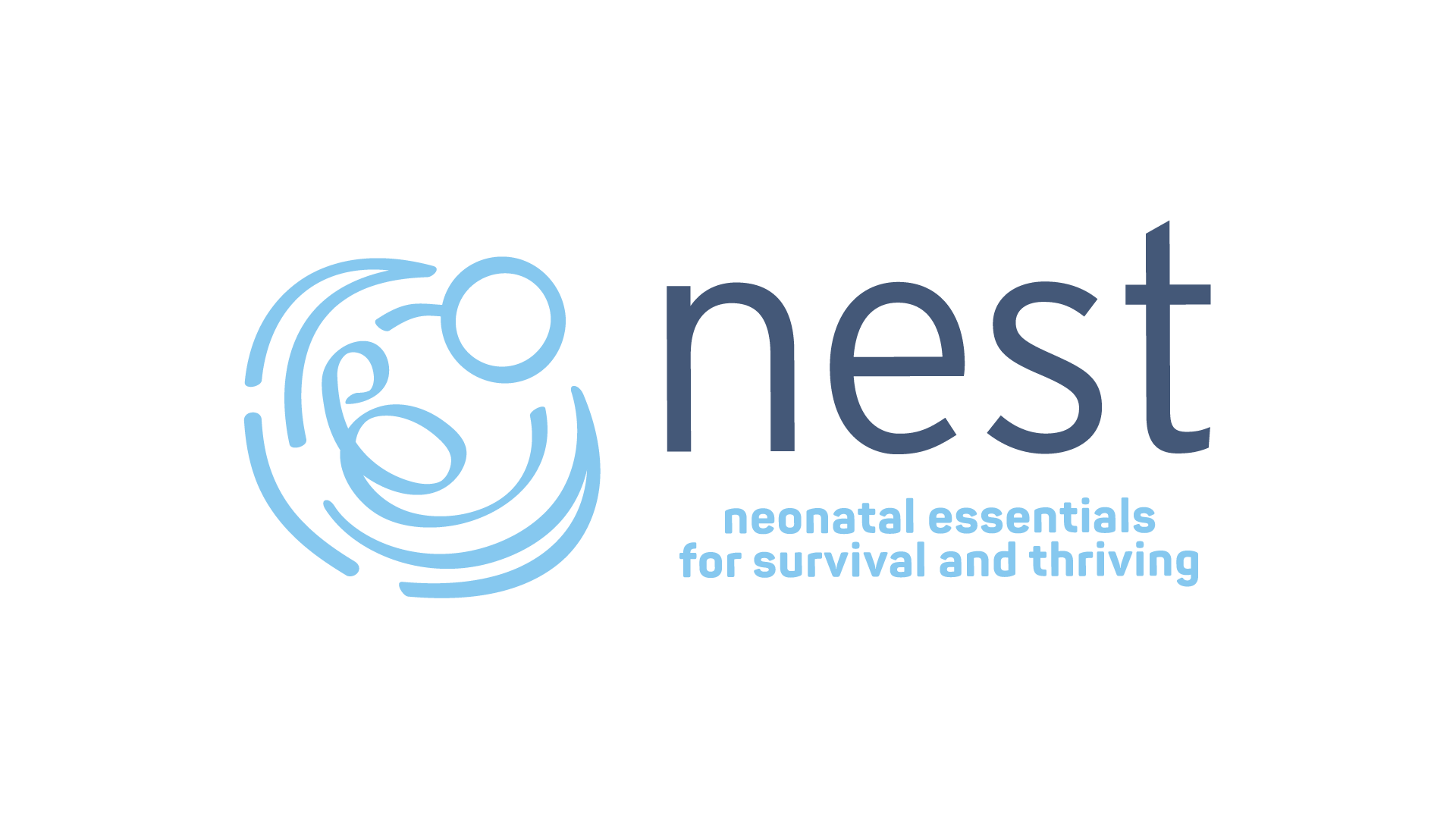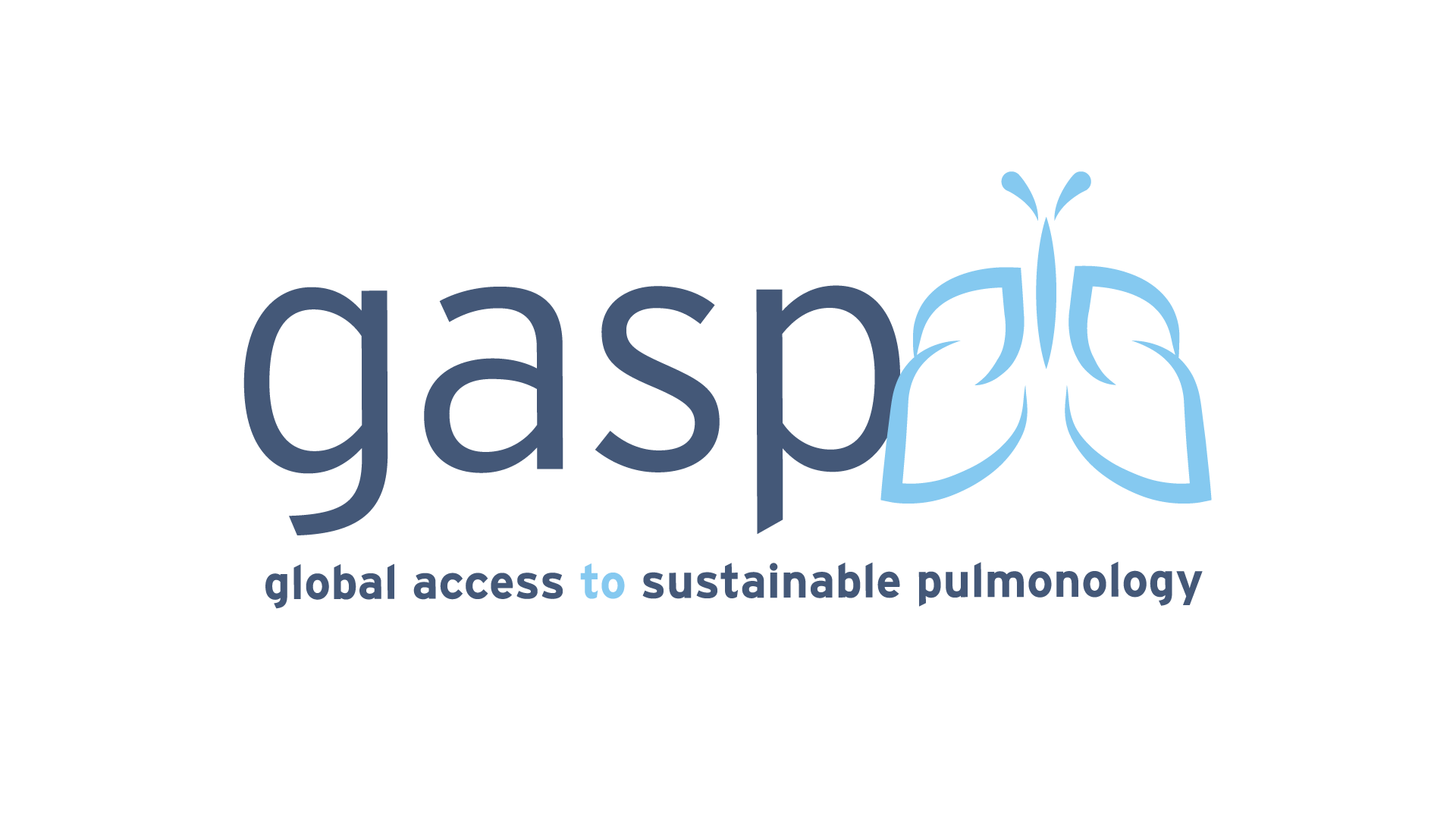We work in 13 countries
in the Global South
Chiesi Foundation actively carries out projects and initiatives in the field of scientific research and development to improve access to quality healthcare in the neonatal and respiratory fields.
We work in 13 countries
in the Global South
Chiesi Foundation actively carries out projects and initiatives in the field of scientific research and development to improve access to quality healthcare in the neonatal and respiratory fields.
Why we operate in the Global South
The Chiesi Foundation is actively working in 13 countries in the Global South to improve the health and quality of life of children affected by neonatal diseases, their mothers, and all people affected by respiratory diseases. Through its programs, the Foundation implements concrete and targeted solutions to address the most urgent health challenges in these regions. Currently, we are present in Guyana, Nepal and Peru with the GASP (Global Access to Sustainable Pulmonology) model; in Benin, Burkina Faso, Burundi, Ivory Coast, Senegal, and Togo with the NEST (Neonatal Essentials for Survival and Thriving) model; and in Ethiopia, the Central African Republic, Tanzania and Uganda with the IMPULSE (IMProving qUaLity and uSE of newborn indicators) research project.
Neonatal health
Since 1990, the world has made remarkable progress in child survival. Globally, the number of neonatal deaths has fallen from 5 million in 1990 to 2.3 million in 2022. However, the decline in neonatal mortality from 1990 to 2022 has been slower than that in post-neonatal under-five mortality. Furthermore, progress has slowed significantly since 2010, and 64 countries will fail to meet SDG target 3.2 by 2030 unless urgent action is taken. Newborns have tragically different chances of survival based on where they are born.
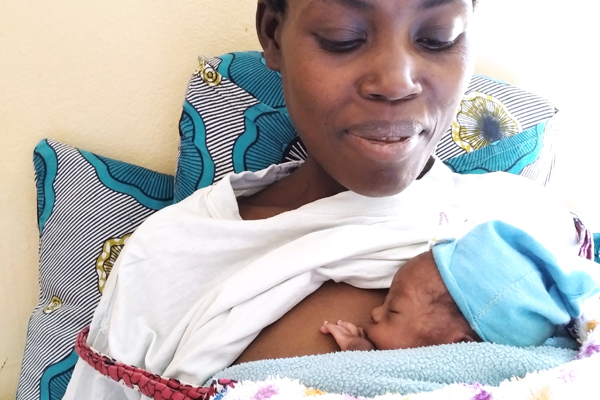
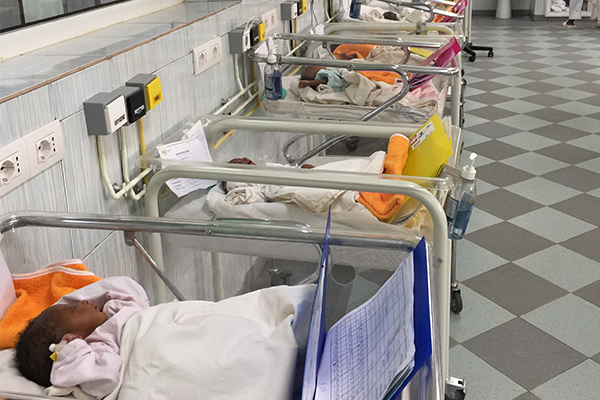
Neonatal mortality in sub-Saharan Africa is a significant challenge, one of the main indicators of maternal and child health, and is considered a reflection of access to health services and the socioeconomic conditions of a community. There is also a significant gap in access to care between Anglophone and Francophone countries in Africa, resulting from the lack of development assistance for health and isolation from the scientific community, in particular due to the language barrier and the dominance of English in global health. We have therefore chosen to work primarily with Francophone countries to help make health a right for all.
Neonatal mortality in sub-Saharan Africa is a significant challenge, one of the main indicators of maternal and child health, and is considered a reflection of access to health services and the socioeconomic conditions of a community. There is also a significant gap in access to care between Anglophone and Francophone countries in Africa, resulting from the lack of development assistance for health and isolation from the scientific community, in particular due to the language barrier and the dominance of English in global health. We have therefore chosen to work primarily with Francophone countries to help make health a right for all.

NEST – Neonatal Essentials for Survival and Thriving
The NEST Model aims to reduce neonatal mortality (0-28 days), particularly of morbid, premature, or low birth weight infants. The approach adopted is specific to each context that is faced, since the target group of countries includes territories with different health structures and different levels of financial and human resources.
Respiratory health
Chronic respiratory diseases (CRD) affect the airways and other structures of the lungs. Some of the most common are chronic obstructive pulmonary disease (COPD), asthma, occupational lung diseases, and pulmonary hypertension. In addition to tobacco smoking, other risk factors include air pollution, occupational chemicals and dust, and frequent lower respiratory tract infections during childhood.
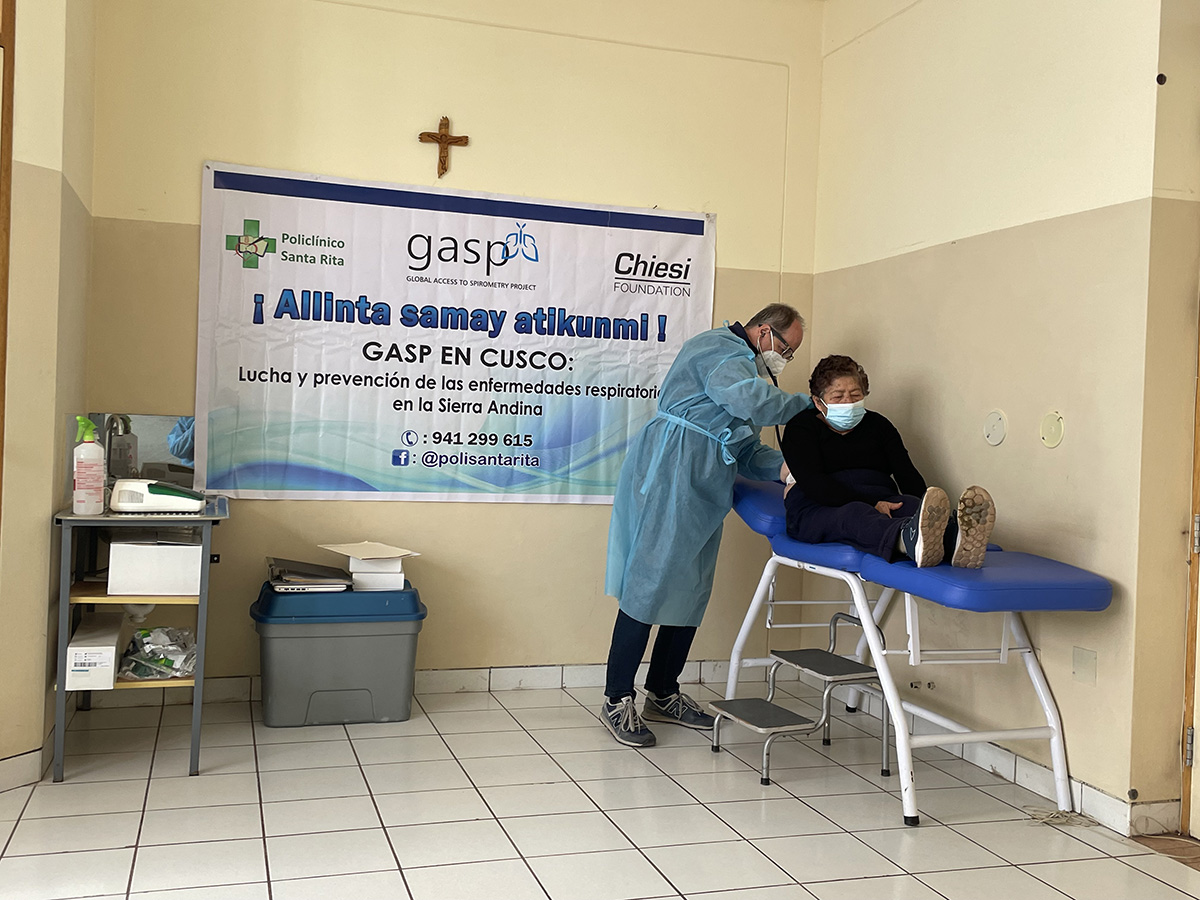
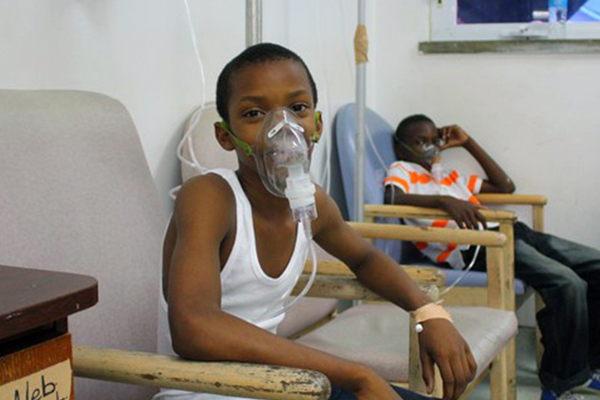
CRDs are not curable; however, various forms of treatment that help open the airways and improve shortness of breath can help control symptoms and improve the daily lives of people living with these conditions. The two most common chronic respiratory diseases are asthma and chronic obstructive pulmonary disease (COPD) . Both affect the airways in the lungs. In the respiratory field, Chiesi Foundation works in low- and medium-resource countries, such as Peru, Guyana and Nepal.
CRDs are not curable; however, various forms of treatment that help open the airways and improve shortness of breath can help control symptoms and improve the daily lives of people living with these conditions. The two most common chronic respiratory diseases are asthma and chronic obstructive pulmonary disease (COPD) . Both affect the airways in the lungs. In the respiratory field, Chiesi Foundation works in low- and medium-resource countries, such as Peru, Guyana and Nepal.

GASP – Global Access to Sustainable Pulmonology
The GASP Project promotes medical training in the respiratory field by focusing on the development of a model of specific diagnostic and clinical skills for the management of chronic respiratory diseases, with particular reference to asthma and chronic obstructive pulmonary disease (COPD). The aim is to transfer the acquired know-how to other low-income countries as well.
